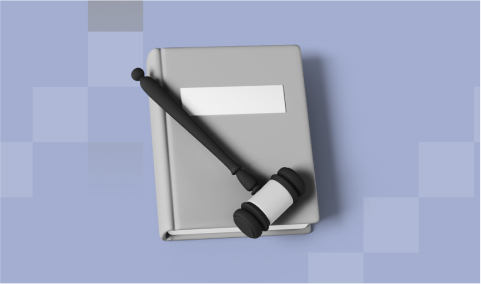
UAE Payroll Guide: Best Practices for Setup and Management
Understanding Payroll Regulations in the UAE
Payroll Challenges in UAE
One of the biggest challenges will be keeping track of the overtime for each employee and making sure that the salaries get paid on time through the right systems. This is why having a good time tracking system in place is very important for every business.
Most Recent Changes That Have an Impact on Payroll Management
Key Payroll Features
General Payroll Regulations

Unique Considerations for the Construction Sector
A Step-by-Step Guide to Setting Up Payroll in the UAE
1. Get a Trade License
2. Register Your Business With the MoHRE
3. Set up the Employment Contracts for Your Employees

4. Get the Paperwork of Expat Workers in Order
5. Set up your Payroll System
6. Process Payroll
You must also provide detailed payslips for your employees that outline the following information:
When processing payroll, the business must also keep a clear record of payment details, employee information, salaries and dates of payment. This record is important for audits to showcase that you are compliant with all regulations and laws. It is mandatory to keep these records for at least 2 years and make them available to relevant authorities such as the MoHRE.
7. Submit the Information to WPS
Payroll Management: Best Practices
Streamline your Payroll Management with First Bit ERP
Keeping Employee Records with the Personnel Record Expiry

Tracking Attendance and Creating Timesheets

Time and Labor Management
Manage Payroll Reserves and End-of-Service Provisions
FAQs about Payroll management in the UAE
How much VAT is charged on salary in the UAE?
Is there payroll tax in the UAE?
How are salaries calculated in the UAE?
of your processes and scale your business with FirstBit ERP now!











